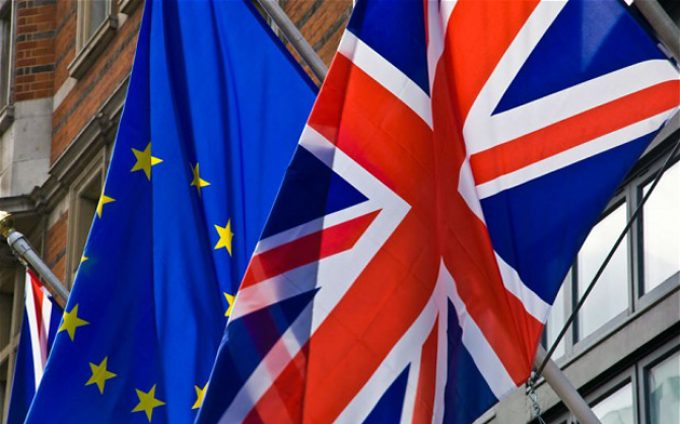UK needs closer EU ‘alignment’ to rebuild food supply chains
Research has called into question the UK’s ability to feed itself in the event of ...
FWRD: UPS AND DOWNSCHRW: NEW RECORDCHRW: BUILDING ON STRENGTHFDX: GETTING OUTAAPL: AI POWERDSV: NEOM PROJECT RISK HLAG: 'USTR RISK' HLAG: INVENTORY LEVELSHLAG: CRYSTAL BALLHLAG: CEO ON SPOT RATES IN THE CURRENT QUARTERHLAG: UNIT COST PERFORMANCEHLAG: QUESTION TIMEHLAG: SECOND HALF OUTLOOK HLAG: SPOT RATES DYNAMICS HLAG: STRONG PERFORMANCE
FWRD: UPS AND DOWNSCHRW: NEW RECORDCHRW: BUILDING ON STRENGTHFDX: GETTING OUTAAPL: AI POWERDSV: NEOM PROJECT RISK HLAG: 'USTR RISK' HLAG: INVENTORY LEVELSHLAG: CRYSTAL BALLHLAG: CEO ON SPOT RATES IN THE CURRENT QUARTERHLAG: UNIT COST PERFORMANCEHLAG: QUESTION TIMEHLAG: SECOND HALF OUTLOOK HLAG: SPOT RATES DYNAMICS HLAG: STRONG PERFORMANCE

One for our UK readers – and anyone else interested in what the country’s international relations may look like should the country vote to leave the EU. The London School of Economics has put together a 14-page briefing on the various options open to the UK if the referendum results are in favour of a Brexit. And they have done a good job trying to make sense of all the claims and counter-claims – although there’s the initial caveat: “It is highly uncertain what the UK’s future would look like outside the European Union, which makes ‘Brexit’ a leap into the unknown.” Are we heading for a Norwegian-style relationship, or one based on the Swiss model, or go it alone as an independent WTO member? Decision, decisions…


Comment on this article